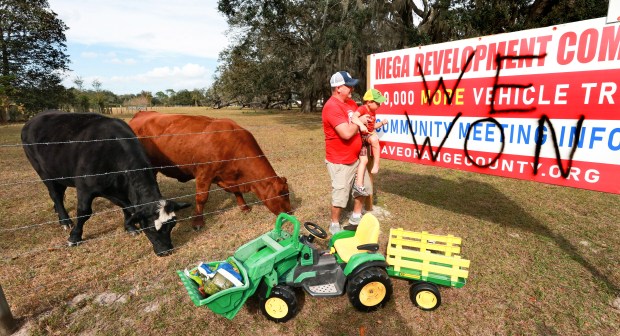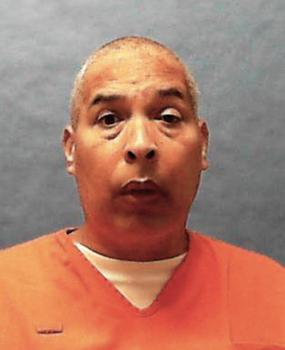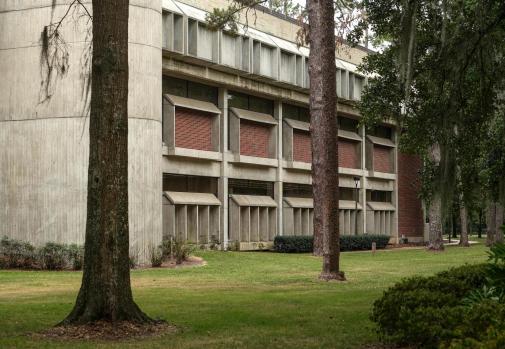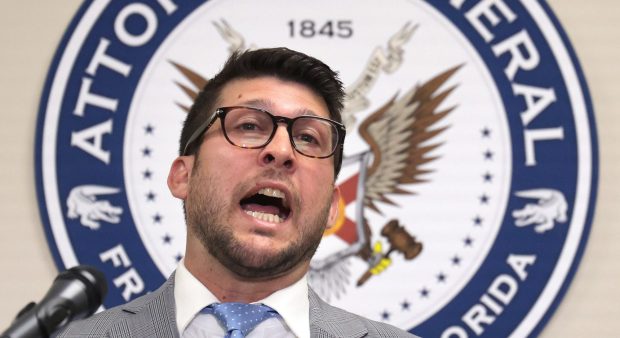When a bill known as SB 180 was passed during the spring 2025 legislative session, something went horribly wrong. Although the bill appeared technical, its effects were significant: In the name of storm recovery, Florida lawmakers made it far harder for municipalities to plan for healthy, sustainable growth and, more crucially, to recover after hurricanes.
If this was an error, it ought to be corrected. If it was intentional, as the evidence suggests, Floridians should likewise carefully consider the candidates they choose to represent them in the state legislature. They should raise concerns about any discrepancy between campaign pledges and actual votes and demonstrate that they are aware of the true interests of MPs.
Numerous nonprofits are raising awareness of this. Among the most vocal is 1000 Friends of Florida, a well-known proponent of sensible growth who has gained the admiration of both environmentalists and business executives. The group published a comprehensive legal analysis this month that raises the possibility that SB 180 is much worse than initially thought and makes a strong case for fixing this terrible law.
Analysis: SB 180 jeopardizes local planning throughout the state and Vision 2050
By making it simpler to obtain permits and construction approval following a hurricane or other natural disaster, this legislation appears to hasten the recovery process for areas affected by significant hurricanes.
That’s admirable enough, but mostly unnecessary. For hurricane recovery-related building, many localities have already agreed to waive permit application fees, cut down on paperwork, and even do away with impact fees.
The main issue with this legislation, though, is that it prevents cities affected by storms from enacting any regulations that are more onerous or restrictive than current ones for two years following a storm. That would be terrible enough, but the law also adopts a definition of storm-impacted towns that is so nebulous that it could be applied indefinitely to practically any Florida county.
Additionally, it is retroactive to August 2024, which was ostensibly selected to nullify Orange County citizens’ votes from the previous year to create a protective rural barrier that prevents aggressive development from encroaching on agricultural and rural regions.
But that’s not all. Early in 2025, Orange County revised its whole growth-management plan, which may be more onerous for developers because it alters land-use designations in some rural regions. The state declared that plan, called Vision 2050, to be unconstitutional last month. That’s bad enough, but if state officials determine that the county abandoned its previous plan when it accepted the current one, things might become even more problematic. If so, Orange County might not have any kind of comprehensive expansion strategy.
\What does that signify for the people who live there? The county might be compelled to authorize construction in places where schools, roads, and other public facilities are already overburdened, resulting in traffic jams, makeshift classrooms, and other issues.
Additionally, communities may be compelled to approve the construction of homes, flats, and businesses in recognized flood-prone locations, which may subsequently be purchased by individuals who are unaware of how susceptible their investments are. In the future, protecting buildings that shouldn’t have been permitted in the first place may necessitate flood control projects costing billions of taxpayer dollars. And that’s only to lessen the damage that would be done to defenseless people. It makes no mention of the destruction to the environment that could result from allowing developers to clear any forest and contaminate any stream.
It might soon be too late if Floridians don’t demand reform now. Legislators have been gradually stifling Floridians’ capacity to express their opinions directly through the voting booth on matters that are significant to them in recent years. It’s almost impossible for a citizen-backed initiative to reach the statewide ballot since the threshold has been set so high.
Additionally, lawmakers are becoming more authoritarian in their disregard for development management plans and local ballot initiatives that give people a say in their own destiny. At that point, SB 180’s provisions reached their most concerning apex: if the bill’s wording is as awful as opponents claim, counties and towns may lose their whole authority to refuse construction. Judges throughout the state, who preside over cases filed by developers who argue that SB 180 grants them permission to spread out across rural and forested land, will probably decide how that term is interpreted. The measure favors them so much that proving the bill is blatantly unconstitutional may be the only way to save face.
Floridians have expressed concern about the effects of unchecked expansion for decades. They have seen how urban development’s harmful effects have contaminated waterways and enslaved wild areas. They have lamented the removal of trees to create room for strip stores and housing constructions.
As Floridians witness the consequences of overdevelopment, their worries have only intensified. Once roaming woodlands, black bears now wander into neighborhoods looking for trashcans. Bacteria linked to human waste have corrupted springs that once flowed with pristine water. Local roadways are now so congested that certain places come to a complete halt almost daily. Due to the lack of seagrass meadows caused by fertilizer, sewage, and road runoff from human habitation, manatees are going hungry.
Predictions of catastrophic devastation looked, at one point, hypothetical. It’s real now. There is little question that Florida’s lawmakers are aware of the enormous financial toll that uncontrolled, reckless growth takes on the state’s ecosystem, its citizens’ quality of life, and billions of taxpayer dollars.
Despite this, several lawmakers continued to argue that they were unaware of the scope of SB 180, which passed the Senate with only one no vote and then easily passed the House with a unanimous vote. (Democrat LaVon Bracy Davis of Orlando and Republican Paula Stark of St. Cloud, both members of the local House, did not cast ballots.)
If so, such lawmakers ought to spearhead the effort to make amends. This calls for the swift repeal of SB 180 or, at the very least, the removal of the provisions that will seriously impair counties’ and cities’ capacity to plan for future expansion.
As floodwaters rise and storms become more regular and violent, Florida’s officials are aware of how dangerous the state’s future may be. However, if locals don’t bombard them with the message that they understand how harmful this legislation is, they are unlikely to act. SB 180’s proponents have taken a chance that Floridians are indifferent to the inner workings of government. This could be one of the last opportunities for Floridians to show them incorrect. It cannot be squandered.
Viewpoints Editor Jay Reddick, Executive Editor Roger Simmons, and Opinion Editor Krys Fluker make up the Orlando Sentinel Editorial Board. The email address [email protected] is in use.












